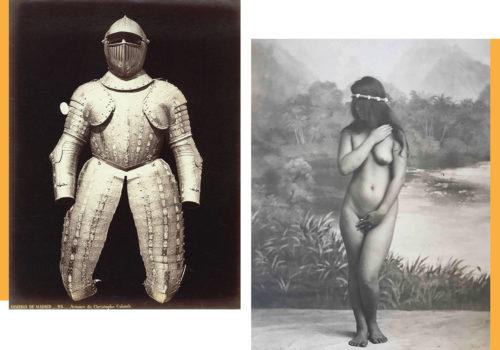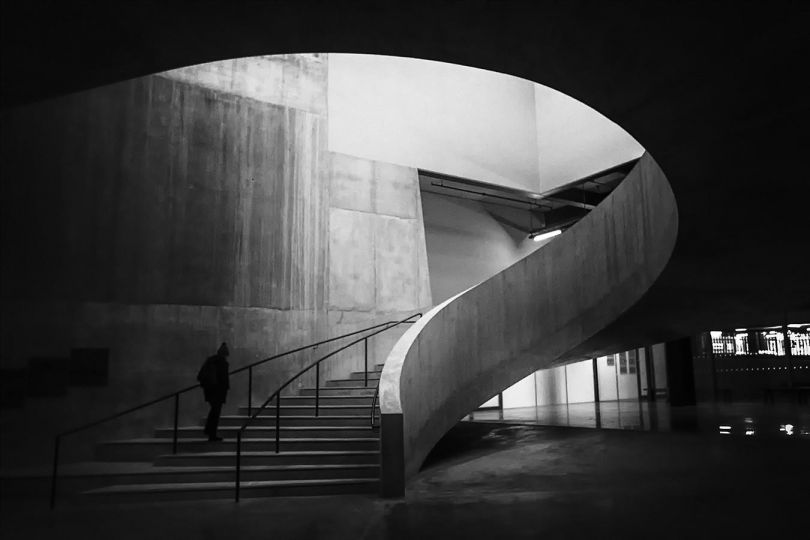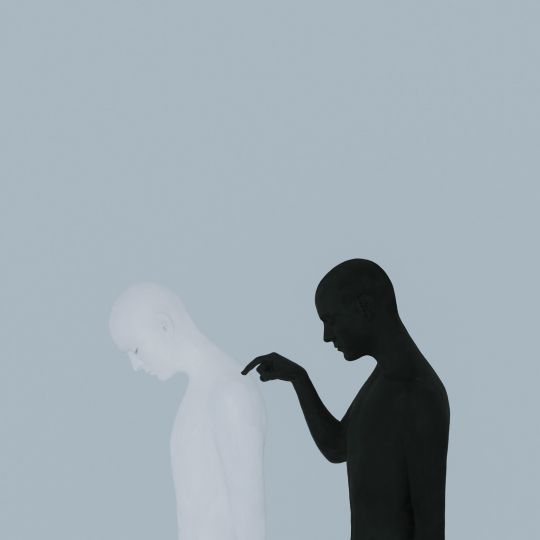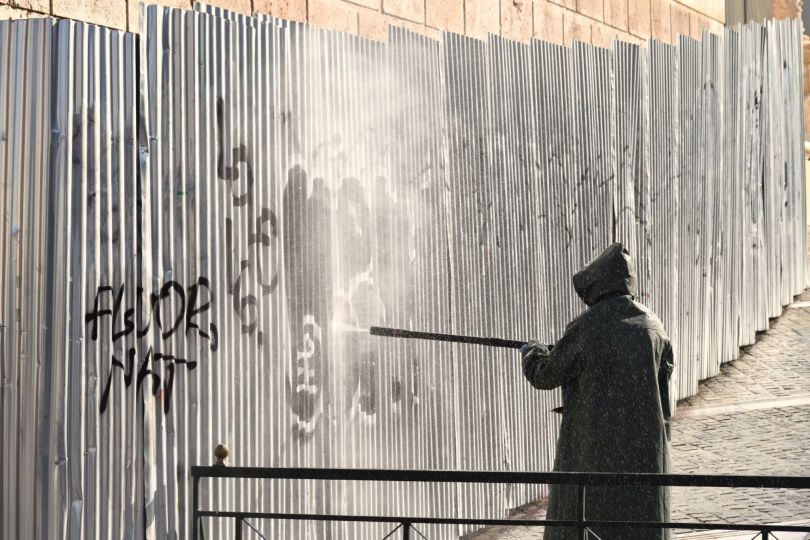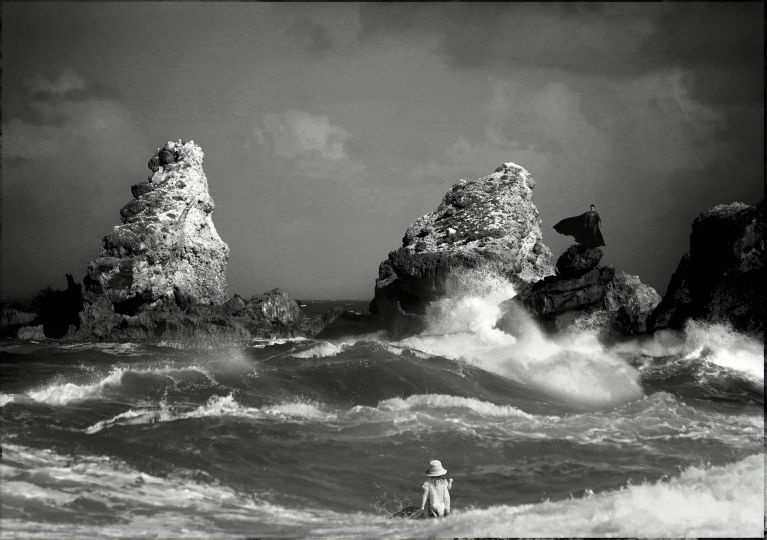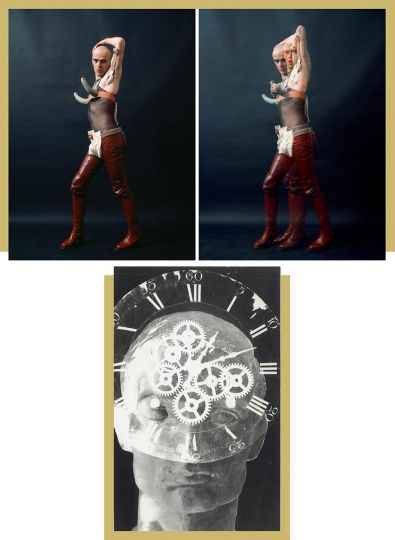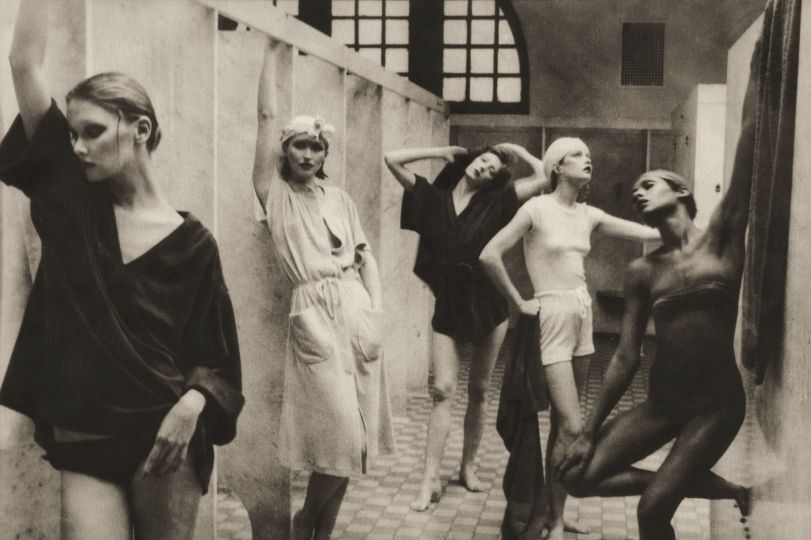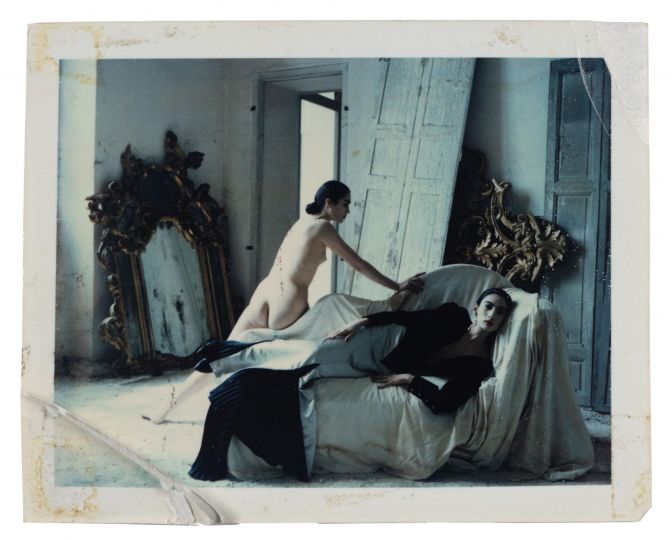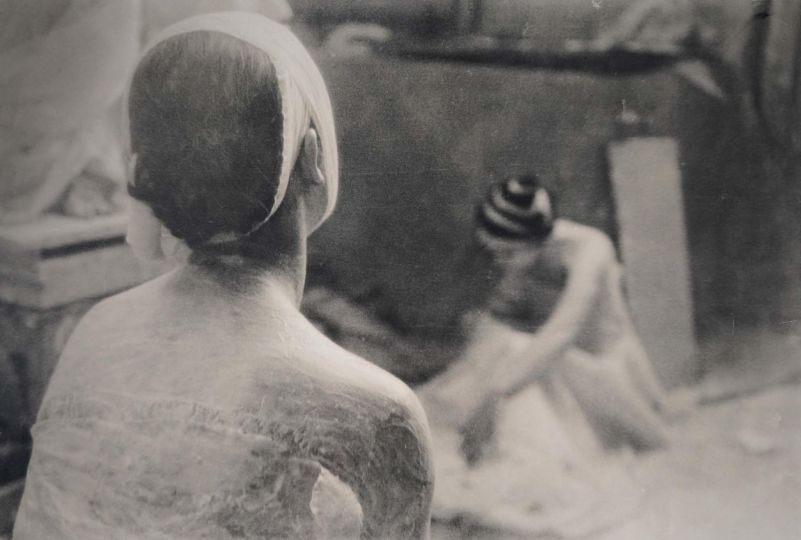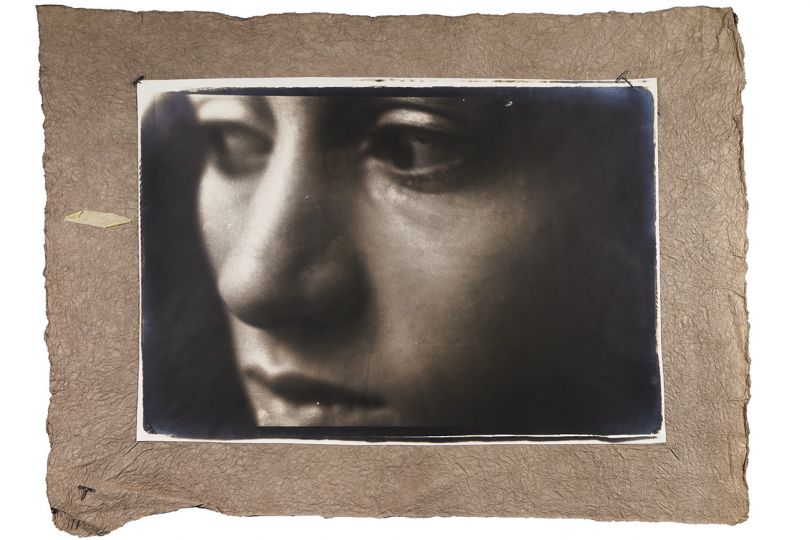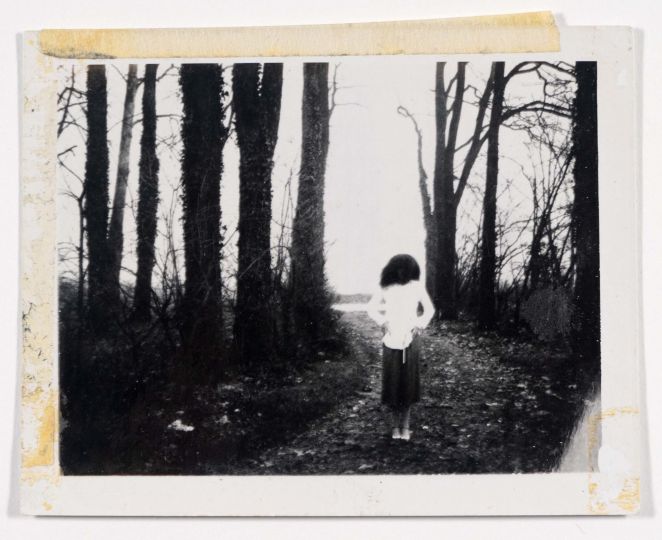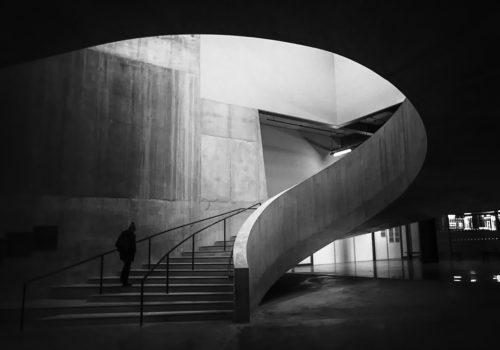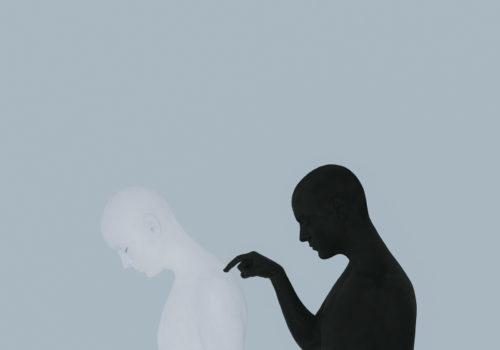This is the fourteenth dialogue of the Ettore Molinario Collection. A dialogue that pays homage to Aby Warburg and his studies on the memory of antiquity, which inspired this same collection. In comparison, the weapons of war and art, those of Christopher Columbus and every western conquest, and those of Venus. And entrusting ourselves to the goddess of love and her beauty, I invite you to follow our next appointments.
Ettore Molinario
Surely in the excitement of the preparations of 1492, Christopher Columbus had not noticed that aboard his caravel, en route to those lands that he imagined were India, there was the wonderful Venus by Botticelli painted just a few years earlier. And perhaps not even Lucien Gauthier, born in Paris in 1875, at twenty-seven a bank employee in San Francisco, at twenty-nine fleeing to Polynesia, had not felt the presence of Aphrodite, golden and smiling next to him. Yet when he arrives in Tahiti and opens his studio, Gauthier photographs as if he had stayed at home, as if he were still strolling through the rooms of the Louvre or the Uffizi. One moment, time to update the classic painted backdrop, among palm trees, beach and rocks, and an unsuspecting young Tahitian woman takes the pose that in another part of the world celebrates the birth of the goddess of love, truth and its opposite, deception. Another idea of the body, of nudity and modesty that overlaps with the delicate violence of the eyes on the lives of others.
Had he known these images, which will have extraordinary luck the day after Gauthier’s return to Paris in 1921, perhaps Aby Warburg, who inspired this collection, would have included them in his illustrated atlas of Mnemosyne. The legacy of the past is projected onto the present through the process of memory, said the great German scholar. And precisely Venus is the symbolic form of the survival of the past. So what is this Polynesian divinity, with black and not blond hair loose on the shoulders, with amber and not white marble skin, with a strong foot and not one as light as a flower, if not a very ancient Western memory, so rooted, overbearing and indispensable to be projected on the present and deform it? A defence and attack weapon, our memory, almost another armour, heavy, shining, chiseled down to the smallest detail like that of Christopher Columbus, which Jean Laurent photographed in Madrid, in the collections of the Prado Museum.
Next to this armour of virility, never empty despite the darkness in which it floats, the Venus of Tahiti tries to launch its arrows. She too has come out of the sea and on a shell she has landed, she too walks in a fragrant garden and if she wore a tunic the wind would lift the edges in a wonderful drapery. This Venus, who was not born in Kythera, but on another island, is also the Venus Pandemos, « the generator of all things ». Except they are all things of our part of the world.
Ettore Molinario

